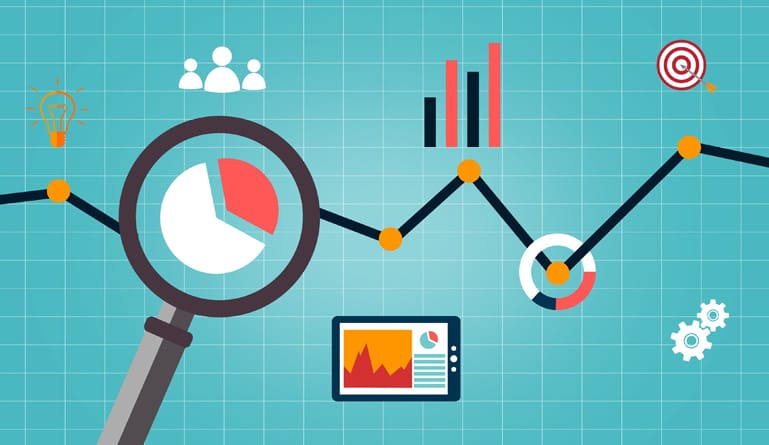Get the most out of your HR reporting.
Don’t let your business miss out on the benefits of HR analytics.
Reporting is part of every part of modern business these days. You need advanced analytics for your sales team to be able to track revenue, customer account information, and to help forecast for budgets. Marketing teams depend on analytics to understand the success of their marketing campaigns.
It turns out that human resource management groups can also benefit from human analytics. Here are some of the top benefits of HR analytics.
Attract and Retain the Best Talent
Good analytical data can help you make good hiring decisions. Analytics can use data points from applications and match the best candidates to a job posting. You can also use people analytics to discover traits about a person that would make them a good cultural match for your company.
HR data analytics can also help you with retention and reduce employee turnover. Hiring candidates can be expensive and time-consuming, so it’s in your business’s best interest to try to keep quality candidates on board quickly. Using analytics information from exit surveys, as well as, reporting about times of year that employees have statistically left the company, can help you find and improve on potential patterns that makes employees less likely to stay with your organization.
Make Better Employee and Business Decisions
When you use human resource analytics to measure employee performance, you can get the most from your employees. Employee analytics can help you decide if a department needs more positions to effectively get a job done or move a project forward, if your business needs to enhance certain training or implement additional training, or even if the organization could benefit from a reduction in staff. Measuring certain metrics – like sales goals, overall revenue, and employee engagement – can help a company understand if their expectations and goals match up the reality of their workforce and ultimately make better business decisions with happier employees, more productive departments, and a healthier bottom line.
Improve Employee Experiences
Using data and reporting from employee feedback, HR departments can get a better understanding of employee expectations, experiences, and engagement. A business’s understanding of employee satisfaction is critical when it comes to hiring new talent, retaining current talent, and improving the public reputation of the business. HR departments can use analytics to understand feedback from employees regarding things like benefits, perks, pay, culture, and more.
There is a wealth of information that your employees can provide to you if you have the correct reporting tools in place. Analytics help HR departments not only gather large amounts of information, but also interpret the data, come up with options based on the results, and then make decisions and implement changes.
The health of one of your most important business assets – your people – can be monitored with good workforce analytics. With the right reporting and analytics in place, you can increase your strengths, work on your weaknesses, and provide not only the best experiences for your employees, but the best employees for your business. Has your business experienced any of the benefits of HR analytics?




